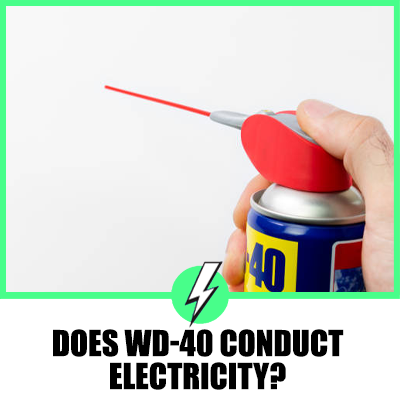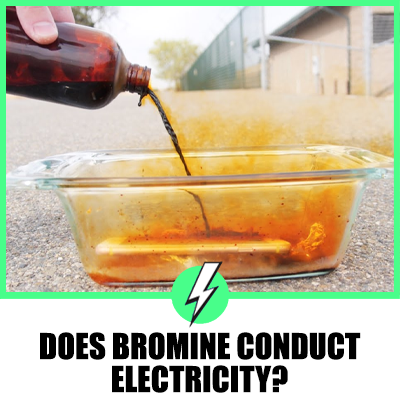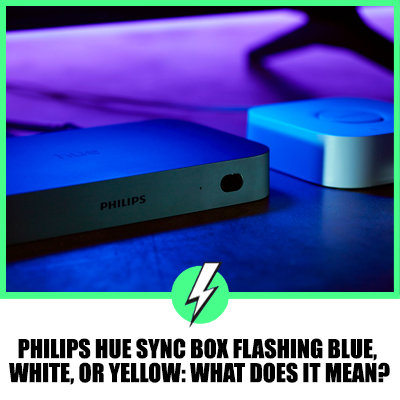Does WD-40 Conduct Electricity? A Comprehensive Exploration
In the world of maintenance and repair, WD-40 is a household name.
Known for its wide range of uses, this popular product has found its way into homes and workshops across the UK and the US.
But one question that often arises is, “Does WD-40 conduct electricity?”
This article aims to answer this question and delve deeper into the properties of WD-40, particularly in relation to its electrical conductivity.

Contents
Understanding Electrical Conductivity
Before we delve into the specifics of WD-40’s electrical conductivity, it’s essential to understand what electrical conductivity is.
Electrical conductivity is a measure of a material’s ability to conduct an electric current.
In simpler terms, it’s the ease with which electricity can pass through a substance.
Conductors are materials that allow the free flow of electrons from one particle to another.
The better the movement of these electrons, the better the material is at conducting electricity.
Metals like copper and silver are excellent conductors of electricity.
On the other hand, materials like rubber and glass are poor conductors, also known as insulators.
Is WD-40 Safe for Electrical Connections?
WD-40 is generally safe for electrical connections.
It’s a non-conductive substance, meaning it doesn’t allow electricity to pass through it.
This makes it safe to use around electrical connections, as it won’t cause a short circuit or lead to electrical shocks.
However, it’s important to note that while WD-40 is safe for electrical connections, it’s not necessarily the best choice for maintaining these connections.
This is because WD-40 is primarily a water-displacing spray, not a contact cleaner or enhancer.
Is WD-40 OK for Electrical Contacts?
While WD-40 is safe to use on electrical contacts, it’s not the best choice for maintaining them.
This is because WD-40 leaves behind a thin oily residue, which can attract dust and grime over time.
This can lead to poor electrical contact and eventual failure of the connection.
For cleaning and maintaining electrical contacts, it’s better to use a contact cleaner, which evaporates completely and leaves no residue.
What is the Dielectric Strength of WD-40?
The dielectric strength of a material is a measure of its electrical insulating properties – the higher the dielectric strength, the better the material is at insulating against electrical charges.
The dielectric strength of WD-40 is not explicitly stated by the manufacturer.
However, given that WD-40 is non-conductive, it can be inferred that it has a high dielectric strength.
Is WD-40 Silicone Spray Conductive?
WD-40 silicone spray is not conductive.
It’s designed to provide a protective, waterproof, and low-friction coating to surfaces.
It’s safe to use on metal, rubber, wood, and plastic, and it won’t attract dirt.
However, it should not be used on polycarbonate or transparent polystyrene plastic.
Insights from Online Discussions
Online discussions provide a wealth of knowledge on this topic.
Here are some key insights:
- WD-40 is petroleum-based, and while it doesn’t conduct electricity, it can dissolve certain plastics, including wire insulation and water valve bodies.
- Therefore, it should only be used on mechanical parts, screws, hinges, etc., and never on timers, motors, wires, or anything that would be bad if it melted.
- Some users recommend using high-quality sewing machine oil as a lubricant for timers where there are various electrical contacts instead of silicone.
- This oil is mineral-based and doesn’t build up on small moving parts, making it a good alternative.
- Teflon-based lubricant, available at electronics stores, is 100% non-conductive and can be a good option for certain applications.
- WD-40 is not just used for the removal of rust, it is also regarded as a cleaning agent and can be used in this capacity as well.
- It has the capacity to cut through and remove rust, thereby returning the surface to its bare metal state.
Conclusion
In conclusion, while WD-40 does not conduct electricity, it’s important to use it appropriately to avoid potential damage to certain materials or components.
Always follow the manufacturer’s instructions and safety guidelines when using products like WD-40.
This exploration into the electrical properties of WD-40 showcases the importance of understanding the products we use daily.
As we continue to question and explore, we uncover the extraordinary in the ordinary, furthering our understanding of the world around us.





